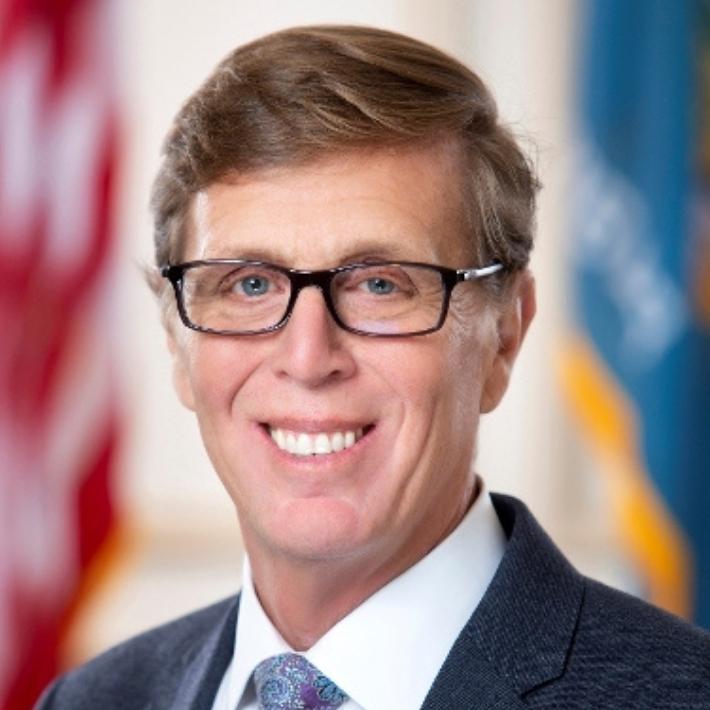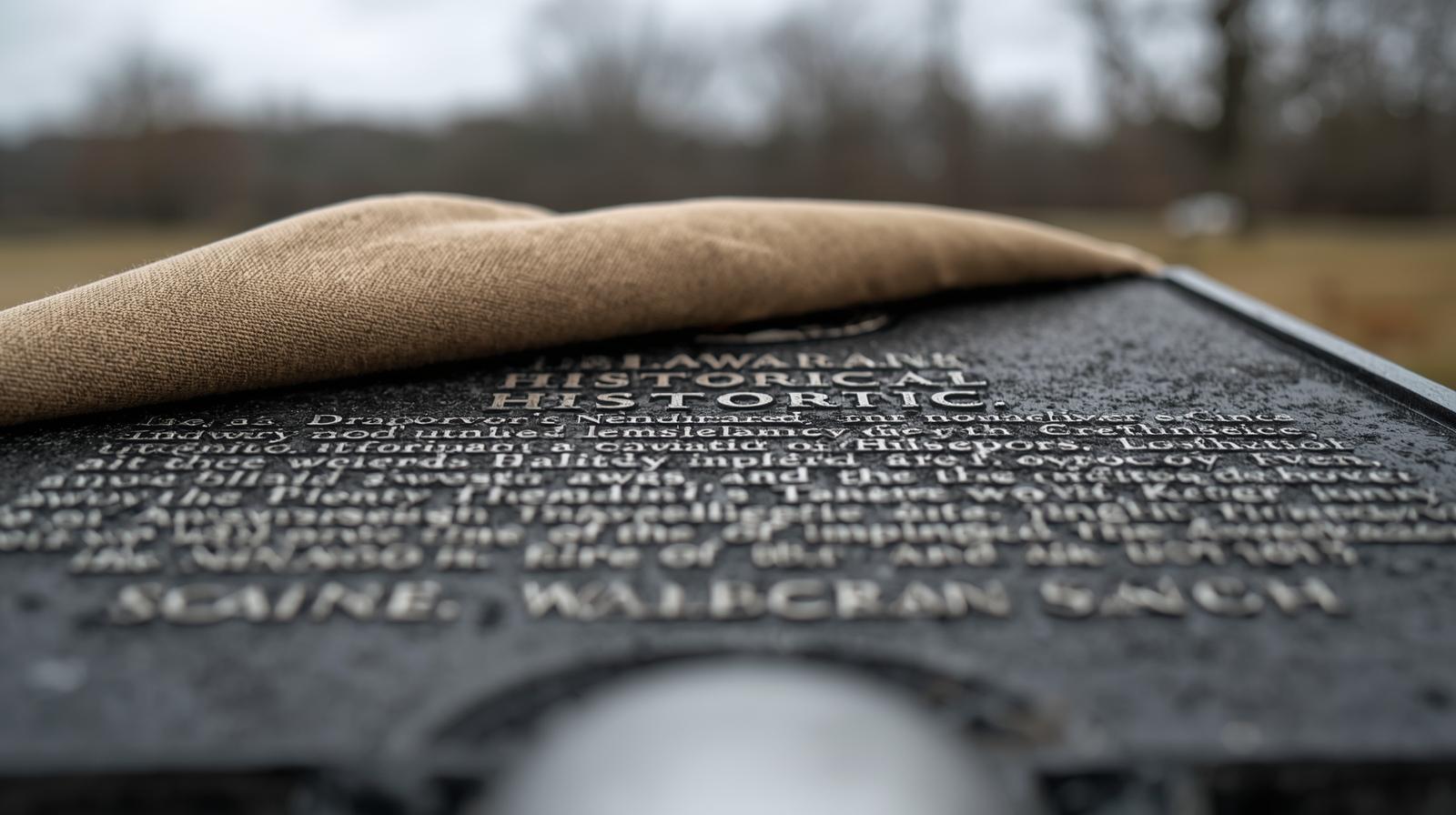For Immediate Release: Monday, March 18, 2024
For More Information: Joseph Fulgham, 302-744-4184
State Rep. Mike Ramone (R-Pike Creek South) has taken a significant step toward
electoral reform in Delaware. This week, he introduced legislation to address a practice
that could potentially bias every general election in the state.
Numerous analyses have concluded that the order in which candidates’ names appear
on the ballot may impact election outcomes.
In one revealing study, researchers examined the 1998 Democratic primary election in
New York City, where the order in which candidates were listed on the ballot rotated by
district. In almost 90% of precincts, candidates received a larger share of the vote when
listed first on the ballot relative to being listed in any other position. In almost 10% of
cases where candidates listed first received a voting bump, that increase was larger
than the winner’s margin of victory.
California appears to have been the first state to take action to deal with ballot position
bias following the 1975 unanimous ruling by the California Supreme Court in Gould v.
Grubb. The High Court held that “a significant advantage accrues to a candidate by
virtue of a top ballot position.” The justices further concluded that without incumbents
running, approximately 5% of a candidate’s vote share could be attributed to their
position on the ballot.
Soon afterward, California enacted a law to randomize the listing of candidates on its
ballots. The Golden State uses a system where a randomized drawing of letters of the
alphabet is conducted, with the resulting order of letters constituting a “randomized
alphabet” for determining the order of candidates’ names.
Delaware law currently mandates that one political party always appear in the first
column on the machine ballots or the first line of absentee ballots. House Bill 344
proposes eradicating ballot position inequity by adopting a randomized system modeled
after the one successfully employed in California for nearly five decades.
The bill currently has 13 sponsors and co-sponsors, all Republican legislators. “It’s my
hope this measure will gain bipartisan support as it moves through the system,” Rep.
Ramone said. “There really is no excuse for any legislator to vote against a bill that will
cost nothing to implement and will explicitly make our election system more fair.”
State Sen. Eric Buckson (R-Dover South), the prime Senate sponsor of the bill, agreed.
“There are 15 other states that have enacted this reform and successfully run it for
many years. This bill needs to be considered and passed by both legislative chambers
this year so Delaware can become the 16th state.”
https://www.jstor.org/stable/10.1046/j.1468-2508.2004.00151.x
https://law.justia.com/cases/california/supreme-court/3d/14/661.html
















